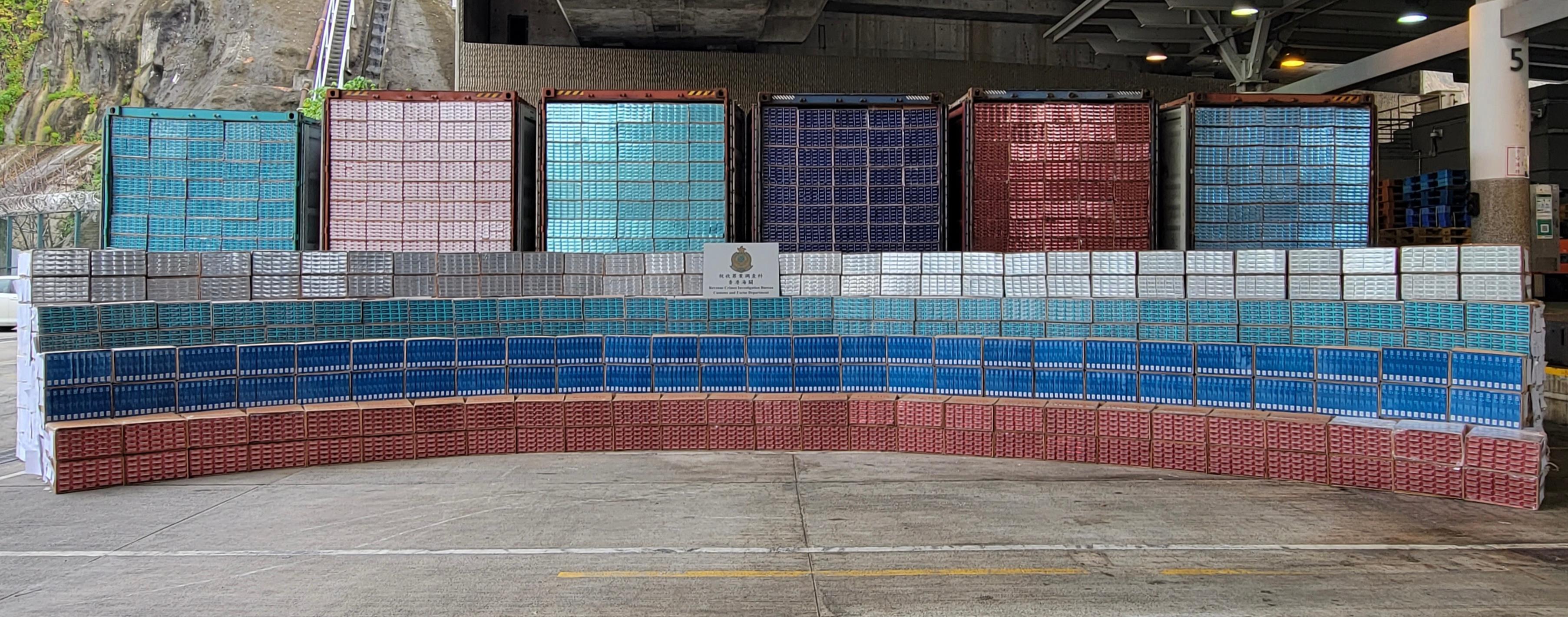Government follows up on positive results of sewage surveillance and appeals to residents to undergo virus testing
The Government announced today (August 4) that in order to fight the coronavirus epidemic, the Environmental Protection Department and the Drainage Services Department have been collecting sewage samples for virus testing in all districts, and had detected positive results in some areas, indicating that there may be hidden cases in the premises within these areas.
Rapid test
As regards positive sewage testing results with relatively high viral loads in the following areas, the Housing Department and the respective District Offices will commence distributing about 110 000 sets of the COVID-19 rapid antigen test (RAT) kits to residents, cleaning workers and property management staff working in the following areas for them to take the test on their own, in order to help identify infected persons:
- Central and Western District – Queen’s Terrace, and residential premises around Queen’s Road West, New Street and Chuk Lin Lane (see Annex)
- Kowloon City District – Oi Man Estate, Chun Man Court, Dragon View, Parc Regal, Lok Man Sun Chuen, and residential premises around Kiang Hsi Street and Anhui Street (see Annex)
Members of the public may refer to (www.coronavirus.gov.hk/rat/eng/rat.html) for enquiries relating to the use of the RAT kits.
When using an RAT kit, please pay attention to and follow the instructions from the manufacturer to perform the test and read the result properly. It is advisable to record the displayed result by taking a photo immediately after reading. Users should wash their hands before and after performing the tests, and avoid placing non-essential items within the specimen collection area. After completing the test, wrap and seal all components of the test kit carefully and dispose of them properly. If the household environment is contaminated during the specimen collecting process, disinfection should be conducted with 1 in 49 diluted bleach solution or 70 per cent alcohol.
People who obtained a positive result through an RAT for the first time can report via the online platform “Declaration System for individuals tested positive for COVID-19 using Rapid Antigen Test” (www.chp.gov.hk/ratp). If individuals encounter difficulties using the online platform, they can call the automated system at 183 6119 to register their identification document and telephone number. The Centre for Health Protection of the Department of Health will contact the relevant person later to finish the report procedure. read more


